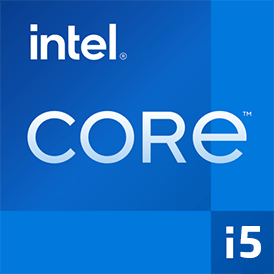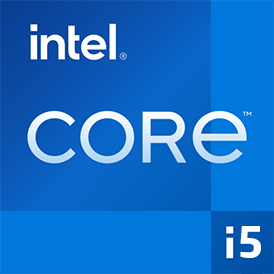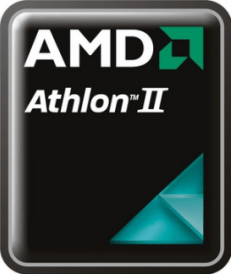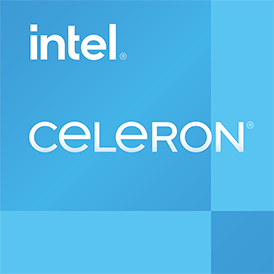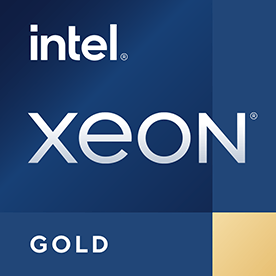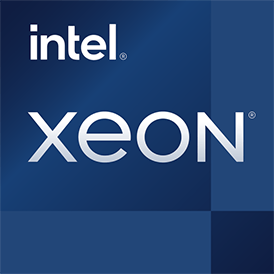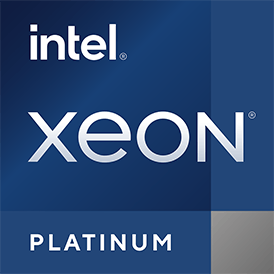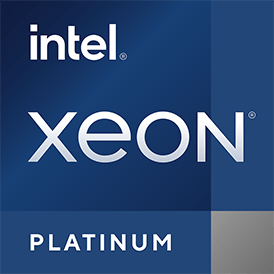Comparison of GIGABYTE AORUS GeForce RTX 4070 Ti MASTER 12G video card vs INNO3D GeForce RTX 4070 Ti X3 OC video card by specs and benchmarks. GIGABYTE AORUS GeForce RTX 4070 Ti MASTER 12G runs at 2.310 GHz base clock speed and has 12 GB of GDDR6X memory, while video card INNO3D GeForce RTX 4070 Ti X3 OC runs at 2.310 GHz base clock speed and has 12 GB of GDDR6X memory. The weight is different, -- vs --. The TDP of the first video card is 285 W, and the second is 285 W . Compare the benchmark results to find out which video card is better.


 Russian
Russian  Germany
Germany  Portuguese
Portuguese  Italian
Italian  French
French  Japan
Japan  Spanish
Spanish  Polish
Polish  Chinese
Chinese 
